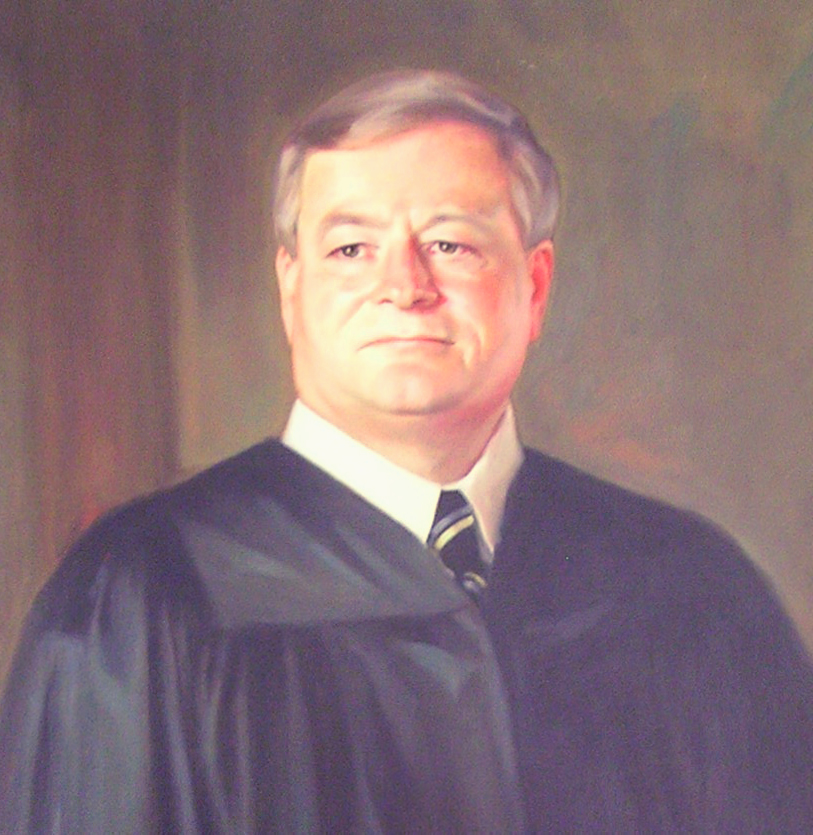

SOMETHING very big happened at the end of last week, but it is not being properly covered (if at all) by the patent microcosm. Today, IAM 'magazine' is pushing for software patents (cherry-picking cases to focus on the ones that are pro-software patents) behind a paywall [1, 2] -- all this in spite of the fact that most of them are dead (more of them, more than ever before).
Software patents impose a “deadweight loss on the nation’s economy”, according to the US Court of Appeals for the Federal Circuit.
This was the concurring opinion of Circuit Judge Haldane Mayer in the case of Intellectual Ventures v Symantec and Trend Micro, decided on September 30. He concurred with Circuit Judge Timothy Dyk.
Mayer added that software patents erect “often insurmountable barriers to innovation” and force “companies to expend exorbitant sums defending against meritless infringement suits”.
The ruling found that three patents asserted by licensing company Intellectual Ventures (IV) against anti-virus software business Symantec and IT security company Trend Micro were invalid.
US patent numbers 6,460,050; 6,073,142 and 5,987,610, which all cover anti-virus software, were held not to cover patent-eligible subject matter.
In a controversial concurring opinion in a Federal Circuit decision finding claims of three Intellectual Ventures patents invalid, Judge Haldane Mayer argues: “It is well past time to return software to its historical dwelling place in the domain of copyright.”
Not Eligible: Supreme Court Denies All Pending Subject Matter Eligibility Petitions
The Supreme Court has greatly simplified the patent docket by denying certiorari in 10+ cases. Gone are GEA Process (IPR termination decision), Amphastar (scope of 271.e safe harbor) , Commil (appellate disregard of factual evidence), MacDermid (obvious combination), Jericho (Abstract Idea) , Trading Technologies (mandamus challenging CBM initiation), Tobinick (interference), Neev (arbitrator autonomy), Genetic Tech (eligibility), Essociate (eligibility), Dreissen, and Pactiv (ex parte reexamination procedure). Notably, all of the eligibility petitions have been denied.
On October 11, 2016, the U.S. Supreme Court is scheduled to hear oral arguments in the long-running Apple-Samsung litigation. The issue is whether Apple, by virtue of having its designed patents infringed by Samsung, is entitled to all of Samsung’s profits made from the infringing phones (regardless of how much that design contributed to the value of the phone).
This case—in which EFF submitted an amicus brief arguing the award of Samsung’s total profit is improper—is important for many reasons. But one reason stands out: it is trivially easy to get a design patent on trivial designs and, unless the Supreme Court changes the law, that can lead to anything-but-trivial awards in court.
This month’s stupid patent, a design patent, shows just how broken the current system of design patents is. Design patents, unlike the utility patents we usually feature, consist only of a single claim followed by pictures. It is generally the pictures that inform the public as to what is claimed. Importantly, in a design patent only the features drawn in solid lines are claimed. Anything in dotted lines is generally not part of the claim.
"Well done, Haldane Robert Mayer, for saying what a lot of us software developers have been arguing for well over a decade. Patents are not needed for software, which is a copyright domain (like prose)."Today we found the new article "Federal Circuit Finds Claims Implemented on General Purpose Cellphone Not Patentable", but the patent microcosm is still stuck in the past, persistently pushing an old case like McRO [1, 2, 3] as if we're in the middle of September. This so-called 'analysis' too got reposted (mentioned here before), provocatively asking (in the headline), "Is the Pendulum Finally Swinging Back to Center?"
No, it's swinging in the side that's software patents being verboten and thus worthless. Just don't ask IAM or the patent microcosm as they'll pretend not to know about it. Surely they saw the decision, but they probably just don't know what to say in order to somehow save face, spin it etc. If all they can do is attack the judge (i.e. shoot the messenger), then they'd be better off keeping quiet.
Well done, Haldane Robert Mayer, for saying what a lot of us software developers have been arguing for well over a decade. Patents are not needed for software, which is a copyright domain (like prose). ⬆